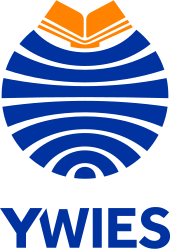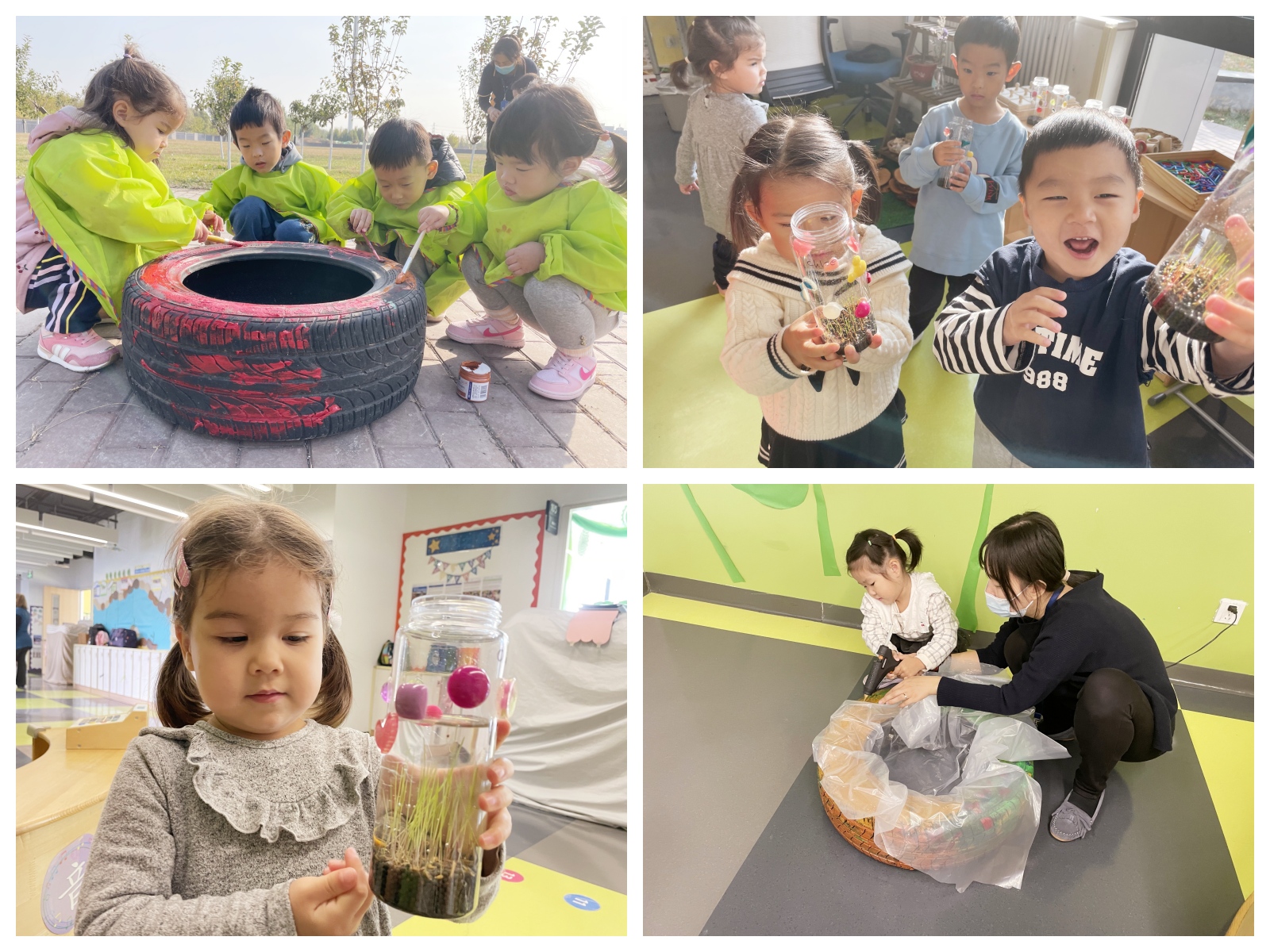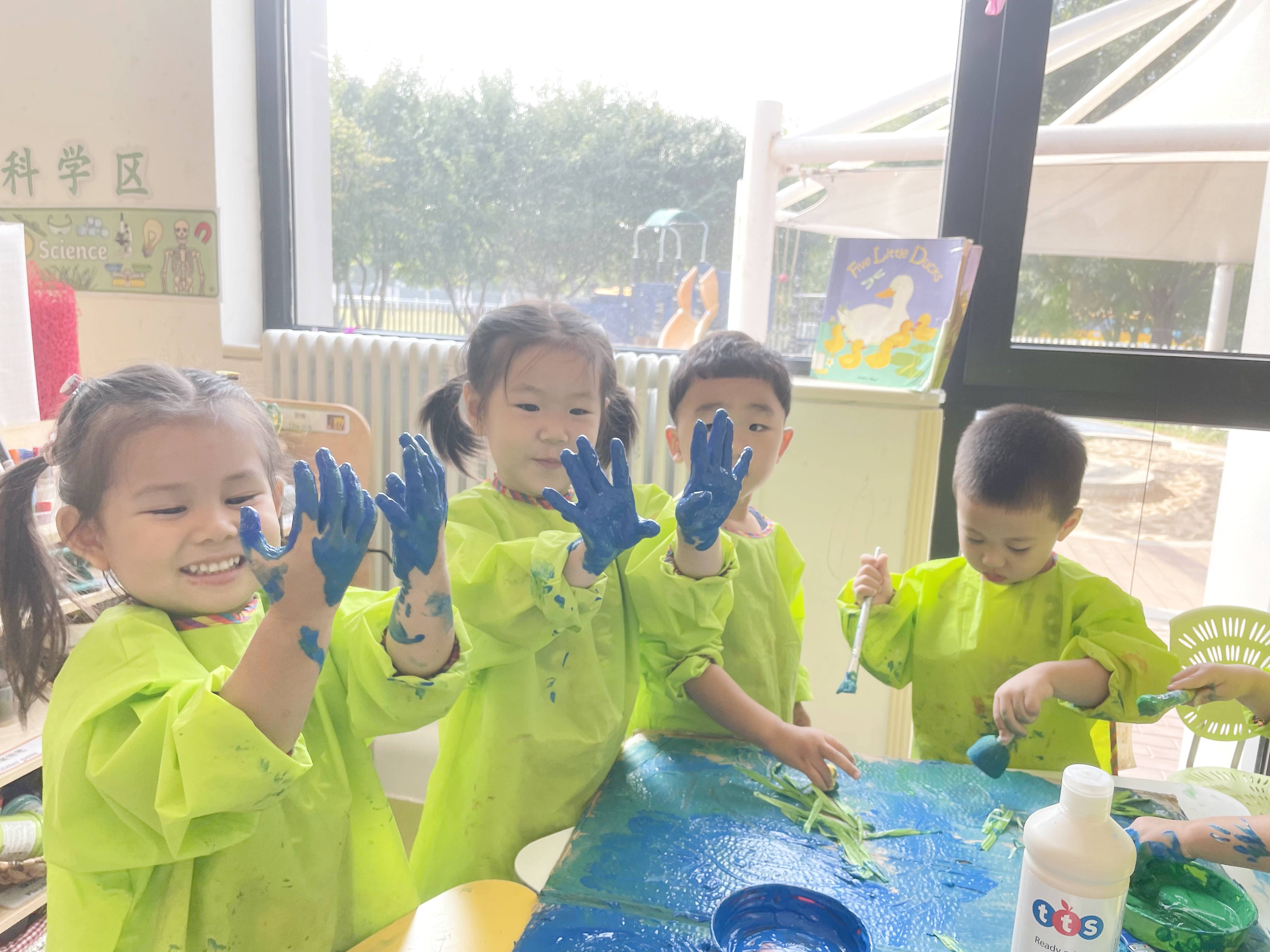Go Back
News
School News
How to develop children’s systematic thinking through their own interest? This is what we do at YWIES.
School News
20 Dec, 2022
15 : 46
Many parents realize that their children already have their own interests and preferences in their early childhood. These interests and preferences are actually meaningful to construct their thinking and skills. In this case, rote learning runs counter to the children's unique interests, and the teaching results may not be satisfying.
At YWIES, our teachers research the interests and preferences of our young learners. The systematic learning is planned based on teachers’ observations and reflections. Our ECE children found an English picture book "Five Little Ducks" in the book corner, and they began to have discussion about it. "Look, this is their pond. There are many fish in it." “There are flowers in the pond! It's beautiful!” "My mother took me to the pond in the park. There were lotus flowers in it. I also fed the fish bread."
I guess our emergent curriculum can start from here since their interests lie here.
Practical Session
The children and teacher made many lotus and lotus leaves with colored paper to paste around the pond together. Then, the team created the lotus pond, a traditional Chinese painting, and hung it above the pond. As the small pond was getting more and more beautiful, they decide to give it a name. One child proposed: "such a beautiful pond, let’s call it a rainbow pond!" So, the children made a rainbow sign for the rainbow pond and stuck it in the pond area. They also added a lot of green plants to the small pond, such as copper coin grass, turtle water bamboo, bowl lotus, and so on.
Bilingual Learning
Around the "pond," the children shared the classic story of "Tadpoles looking for their Mother," and actively discussed the plot of the story. Then, the teachers performed the puppet show for the children "Tadpole Looking for Mother". During the performance, the children responded positively, which not only contributed to their understanding of the story, but also improved their listening and speaking skills. Later, the children began to assign roles spontaneously during the exploration time, performing the hand puppet drama of "Tadpoles Looking for Their Mother."
Pond Vocabulary Book
With the children’s increase of pond vocabulary, our ECE teachers help the children to made a pond vocabulary book. They pasted their pond animals into the pond vocabulary book, and designed and painted the cover of the book. The young learners set up a reading buddy with the SY class and shared their vocabulary books with reading buddies. In the course of the activity, the children further understood the composition of the book, promoted the development of artistic expression, and helped the children to establish the initial reading comprehension ability and written expression skills. It also promotes the development of social skills, as they shared the books with their writing buddies.
"Tadpole Looking for Mother" Musical
Our ECE teacher helped young learners prepare a musical adaptation of the story of "Tadpole Looking for Mother." In the preparation of the musical, the children chose their own roles according to their own interests, and boldly performed the classic story on stage in Chinese and English, and danced confidently with the music. The parents also participated in this activity, matching the children clothing, and their beautiful moment is recorded.
Our teachers at YWIES Beijing observe children's interests and help them to build a knowledge system from the activities related to their practical skills, language skills and academic knowledge to strengthen children's ability in many aspects. The children at YCYW will be improved in the fields of health, language, society, science and art, and lay a solid foundation for children's confident growth.








